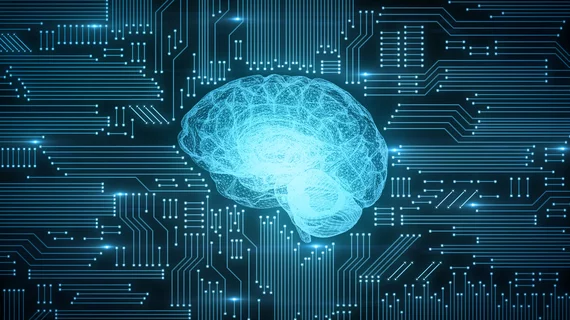Novel AI algorithm beats cardiologists' models in predicting heart disease mortality
A machine learning model developed by scientists at the Francis Crick Institute in London can more accurately predict risk of death in patients with heart disease than leading models designed by medical experts, according to a study published in PLOS One.
“Machine learning is a hugely powerful tool in medicine and has the ability to revolutionize how we deliver care to patients over the next few years,” Andrew J. Steele, PhD, lead author of the paper, said in a release. Steele was part of the team that designed the new algorithm using electronic health data from more than 80,000 patients.
That team, aided by the Farr Institute of Health Informatics Research and University College London Hospitals NHS Foundation Trust, based the model on one of coronary artery disease, the leading cause of death in the U.K. Steele said he and his colleagues trained the technology to predict cardiac prognoses using a pool of 600 variables like age, gender and physical pains—something it did with greater accuracy than an expert-constructed model built using 27 variables.
Steele said the new model not only topped previous ones in predicting mortality, but it generated variables of its own.
“Along with factors like age and whether or not a patient smoked, our models pulled out a home visit from their GP as a good predictor of patient mortality,” he said. “Home visits are not something a cardiologist might say is important in the biology of heart disease, but perhaps a good indication that the patient is too unwell to make it to the doctor themselves, and a useful variable to help the model make accurate predictions.”
Though Steele’s team developed the model only for use against expert competitors, they said a similar tool could be created for clinical use.
“It won’t be long before doctors are routinely using these sorts of tools in the clinic to make better diagnoses and prognoses, which can help them decide the best ways to care for their patients,” Steele said. “Doctors already use computer-based tools to work out whether a patient is at risk of heart disease, and machine-learning will allow more accurate models to be developed for a wider range of conditions.”

